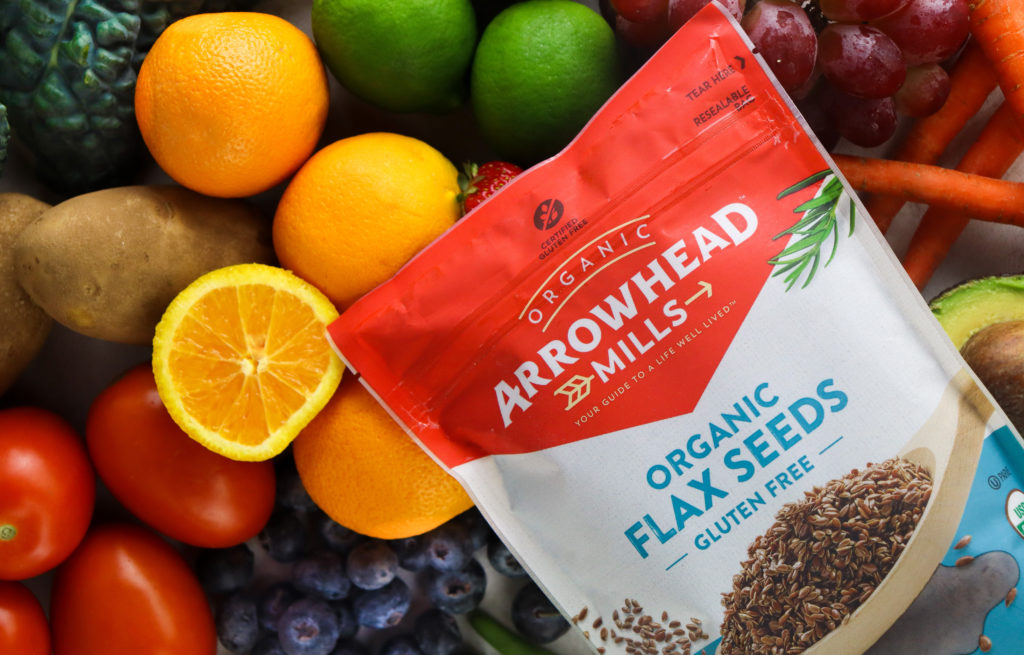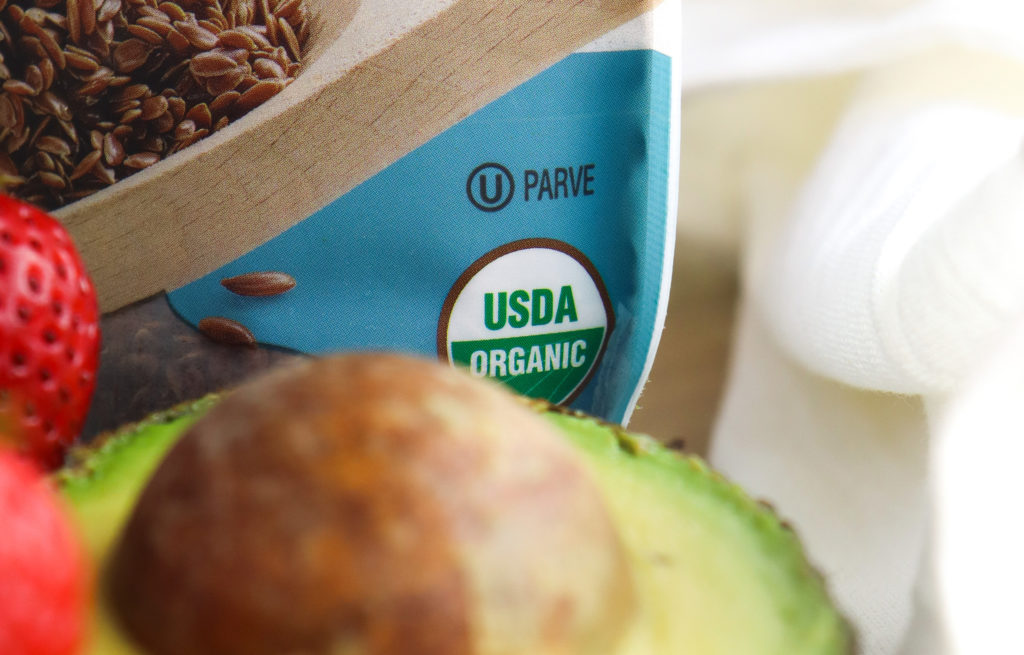Why Choose Organic? A History of Organic Farming
To understand why organic is a better choice, we must turn back the clock and understand the context of modern food production.
Industrial revolution meets the food industry
It was the industrial revolution, a manufacturing mega overhaul, an era that charted a course of progress throughout history. No longer were horses, canals, and rivers the main mode of transportation, the mechanized factory system had begun. The invention of steam meant goods could not only travel farther but we could transport more faster. Industry meant factories, warehouses, and streamlined innovation.

The population boomed and so did consumerism. Goods that were once only obtainable by select classes of society could now be accessed by many. It truly was a revolution. Unfortunately, with every Wiley Coyote brainiac idea is an anvil awaiting its untimely arrival. What began as era of innovation, pride and opportunity broke down. Making something faster inevitably meant making something cheaper.
What started out as seemingly honest mission of progress, soon became the industry of shortcuts.
You see, when farmers left their fields to join the factories and became part of industrialized manufacturing warehouses something changed. No longer was there a tender handed connection that met farmer and consumer. Those same generational fields handed down through time were now owned and ran by industry titans. The mystical shrouded layers of the curtain separating consumer and product laid untouched for a few generations, that is until another modulation pulled it back.
The technological revolution has come along way and evolved many-a-time over. Sure, just as the industrial revolution had its peaks and valleys, so did tech. If the first factories and warehouse focus was consumption of goods, then it is easy to state that this revolution has served up the unquenchable quest for the consumption of knowledge.

We want to know where our food comes from
Each of these radical periods of time brought together classes in addition to nurturing diversity. This age of thread based information had us following a strand to a forgotten question. Where does our food come from? The microscope of curiosity on the food industry had us witness a long awaited overhaul. No longer were we victims to fancy packaging and commercially targeted ads. People had questions and they wanted answers.
The Nutrition Facts Label became mandated in 1990 with the Nutrition Labeling and Education Act. This allowed the consumer the access to the nutritional breakdown of a product. This limited label has seen only minute changes since its implementation in 1994 with trans-unsaturated fatty acid (trans fat) added to it in the early 2000’s.
The first shift in the wave of change hit. Suddenly products flooded the market with labels advertising “no trans fats”. According to the USDA Economic Research Service, “results suggest that mandatory disclosure of ingredients that have the potential to cause harm to human health can lead to food manufacturers to reformulate their products to make them healthier.”

Organic in a modern era
As social media made its boom, so again did the food industry alter. New information was available as fast as it could be consumed. It seemed as much as we desired to connect with people and friends long forgotten, we also were connecting to former methods of thought. The 1970s brought forward environmental awareness and the overdue call for an organic industry.
This, as with most beginnings, was met with struggle, paperwork and a whole lot of hurdles. Certification would need to be defined, production would need to be monitored and standards would need to be set. After years and decades of work a final format was achieved and implemented in late 2002. It would be a while until this label “organic” would spike another revolution.
As with most things, less is arguably more. The food industry was no exception to this rule. As trendy restaurants that took moms old recipes and made them into chic exquisite destination restaurants deconstructing them into their simplest form, so too did our palates and bodies crave this simplicity. We not only wanted to know how our food was made, but how it was grown. The organic revolution had begun.

 VIEW ALL PRODUCTS
VIEW ALL PRODUCTS 
